Indigenous Governance Database
federal legislation
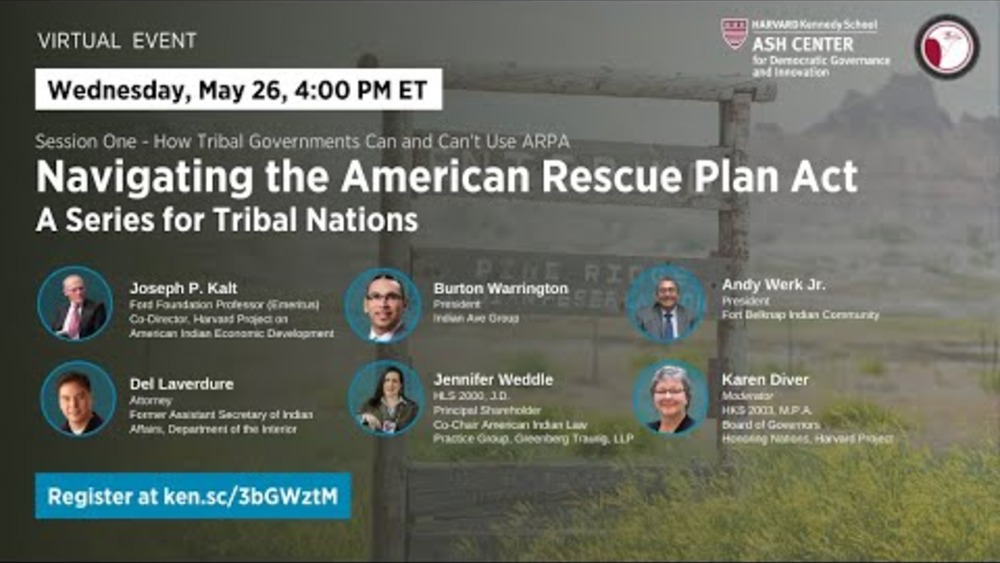
Navigating the ARPA: A Series for Tribal Nations. Episode 1: How Tribal Governments Can and Can't use ARPA
The American Rescue Plan Act (ARPA) provides the largest single infusion of federal funding into Indian Country in the history of the United States. More than $32 billion is directed toward assisting American Indian nations and communities as they work to end and recover from the devastating COVID-…
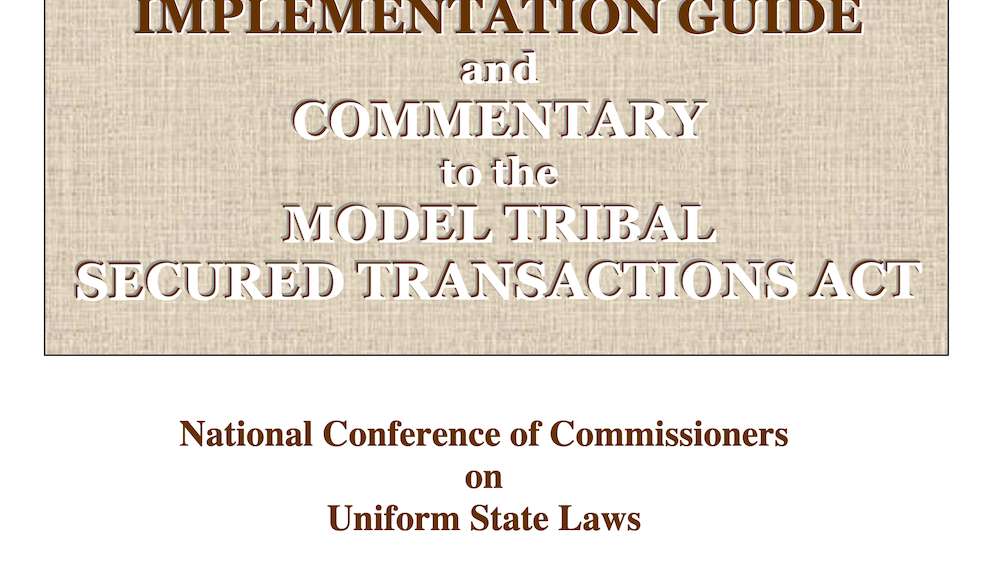
Implementation Guide and Commentary to the Model Tribal Secured Transactions Act
This Implementation Guide and Commentary to the Model Tribal Secured Transactions Act (hereinafter “Act” or “MTA”) drafted by the National Conference of Commissioners on Uniform State Laws (“NCCUSL”) and the Federal Reserve Bank of Minneapolis was developed for three purposes: (1) to assist tribal…
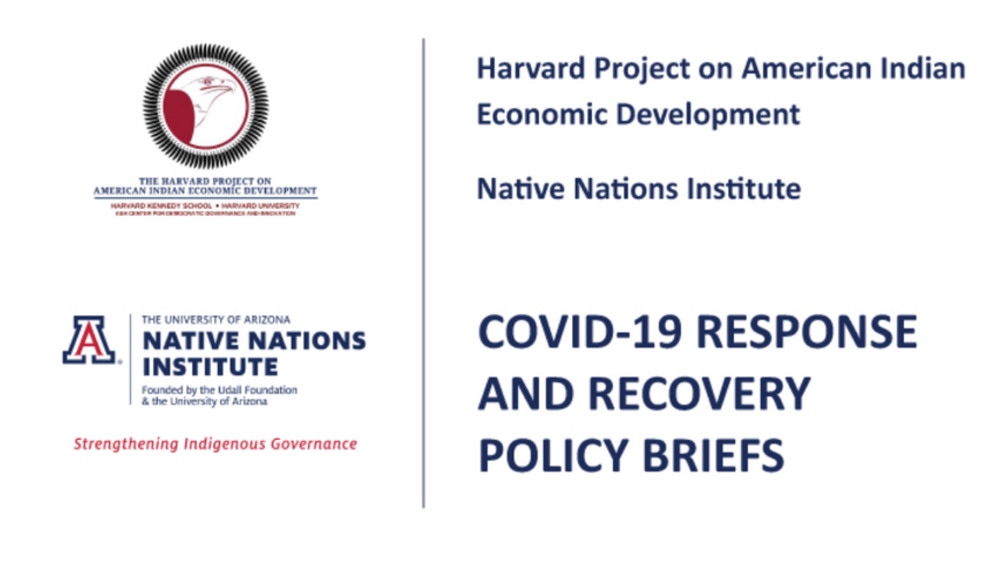
Policy Brief: Federal COVID‐19 Response Funding for Tribal Governments: Lessons from the CARES Act
The federal response to the COVID‐19 pandemic has played out in varied ways over the past several months. For Native nations, the CARES Act (i.e., the Coronavirus Aid, Relief, and Economic Security Act) has been the most prominent component of this response to date. Title V of the Act earmarked $8…

Bad with Money Podcast: COVID's Economic Devastation on Tribal Lands
Gaby Dunn speaks with Karen R. Diver (Fond du Lac Band of Lake Superior Chippewa), Director of Business Development for the Native American Advancement Initiatives at the Native Nations Institute and appointee of President Obama as the Special Assistant to the President for Native American Affairs…
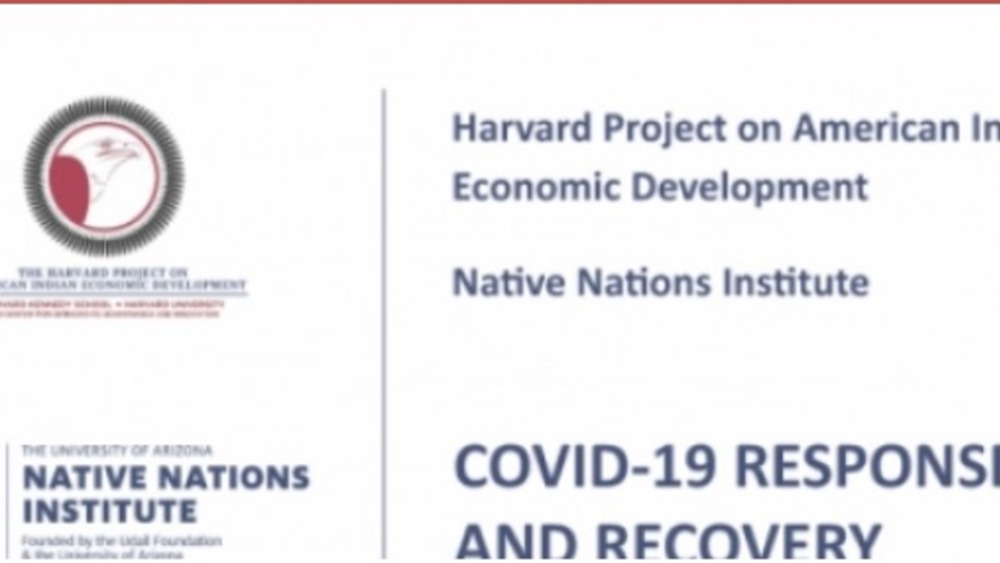
Policy Brief: The Need for a Significant Allocation of COVID‐19 Response Funds to American Indian Nations
This policy brief addresses the impact of the current COVID‐19 crisis on American Indian tribal economies, tribes’ responses to the crisis, and the implications of these impacts and actions for the US government’s allocation of crisis‐response funds to federally recognized tribes. We conclude that…
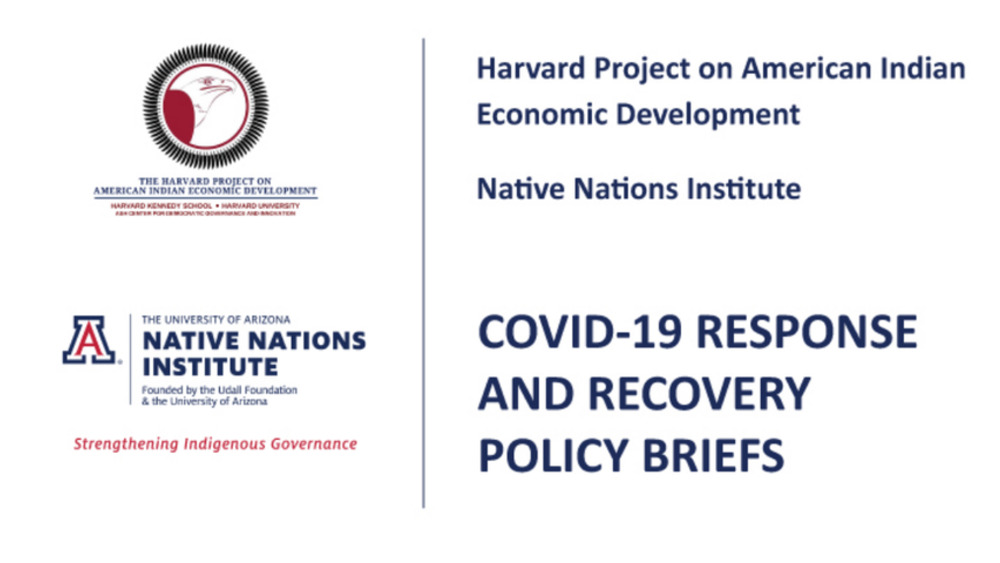
Policy Brief: Dissecting the US Treasury Department’s Round 1 Allocations of CARES Act COVID‐19 Relief Funding for Tribal Governments
In a joint statement, Treasury Secretary Mnuchin and Interior Secretary Bernhardt detailed the amount of CARES Act Title V funds that would be released for federally recognized American Indian tribes starting on May 5, 2010. They noted that the US Treasury Department would “distribute 60 percent of…
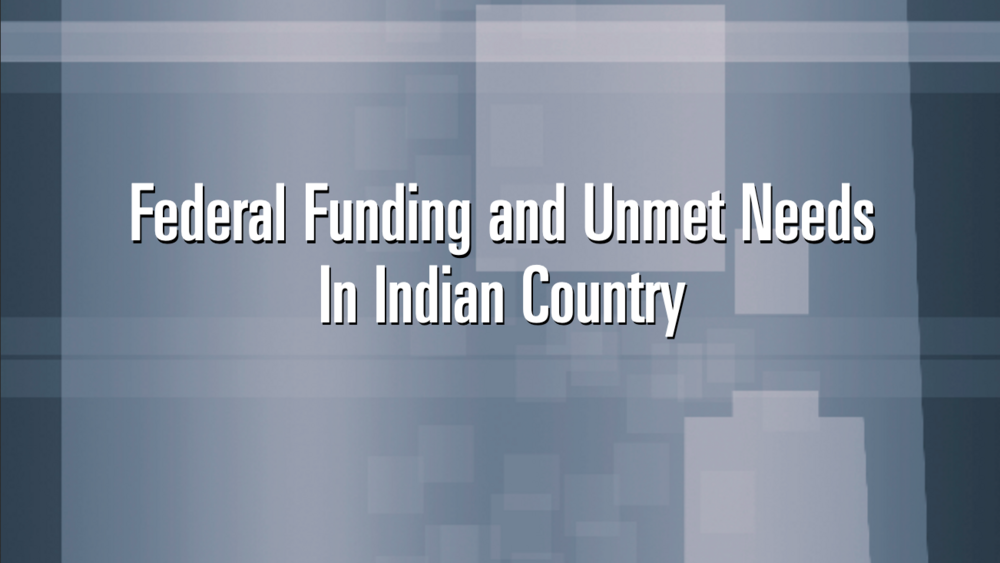
A Quiet Crisis: Federal Funding and Unmet Needs in Indian Country
The federal government has a long-established special relationship with Native Americans characterized by their status as governmentally independent entities, dependent on the United States for support and protection. In exchange for land and in compensation for forced removal from their original…
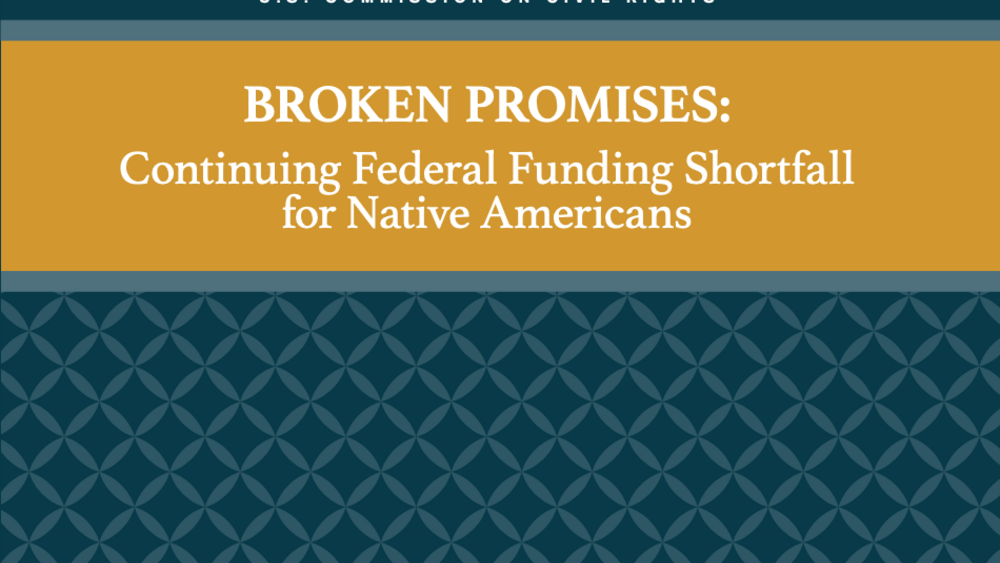
Broken Promises: Continuing Federal Funding Shortfall for Native Americans: Briefing Report
Since our nation’s founding, the United States and Native Americans have committed to and sustained a special trust relationship, which obligates the federal government to promote tribalself-government, support the general wellbeing of Native American tribes and villages, and to protect their lands…

Carlos Hisa and Esequiel (Zeke) Garcia: Ysleta del Sur Pueblo: Redefining Citizenship
Carlos Hisa and Esequiel (Zeke) Garcia from Ysleta del Sur Pueblo (YDSP) provide an overview of the approach that YDSP is following as it works to redefine its criteria for citizenship through community-based decision-making. They also share the negative impacts that adherence to blood quantum as…
